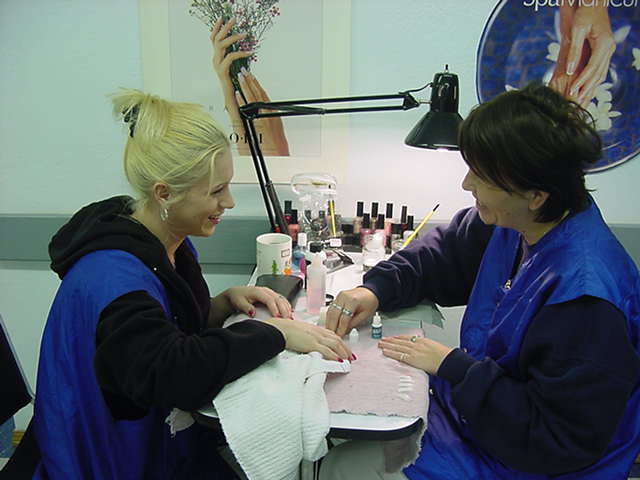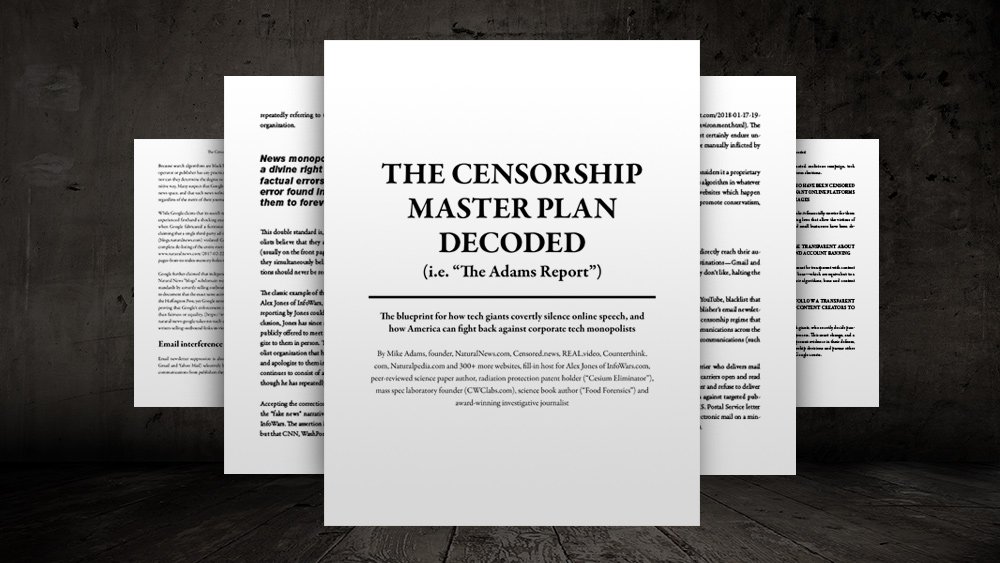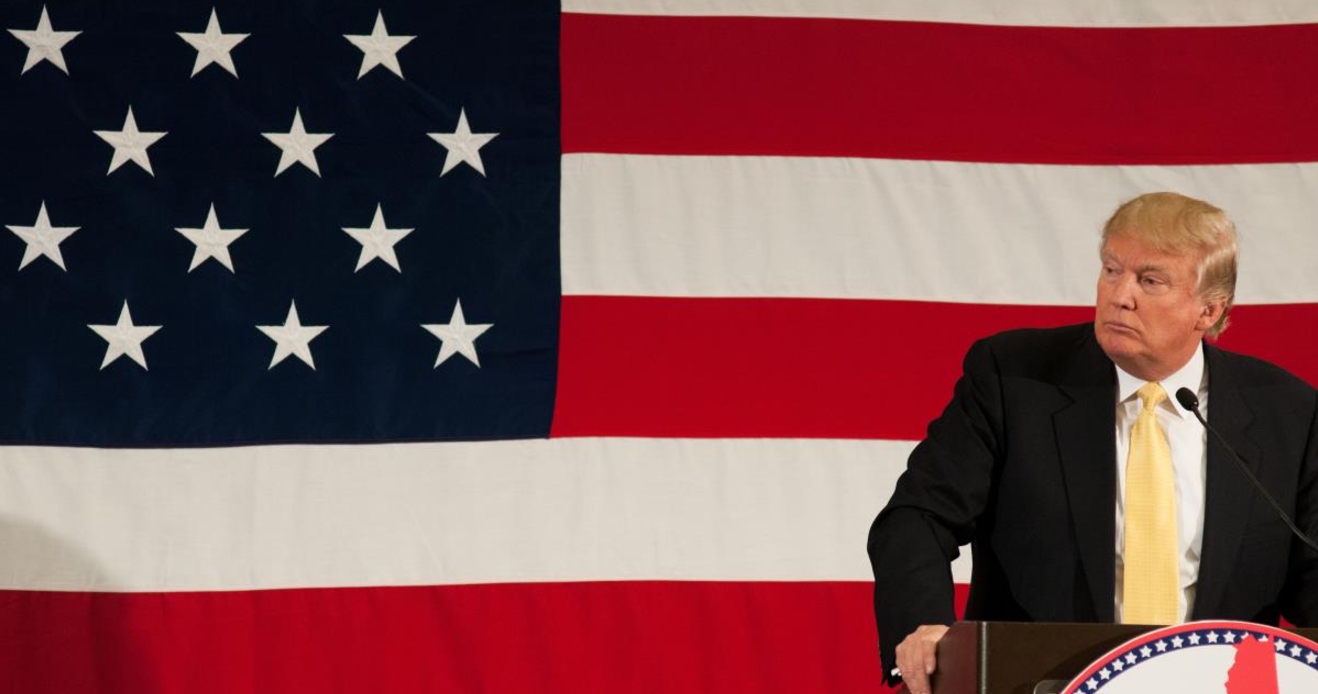Time to get rid of insane, job-killing licensing requirements
03/02/2016 / By usafeaturesmedia

(Freedom.news) Most Americans agree that the licensing of certain professions is one way to protect the public. But let’s face it – licensing requirements have gotten out of hand and, some say, have become little more than a way for government to extend its control over our lives and the manner in which we can earn a living.
A recent report published by researchers at the Brookings Institute found that excessive licensure requirements on local, state and federal levels were negatively impacting social mobility.
While a number of professions should be accredited and licensed, the report noted, “licensing also acts to mute competition by creating barriers to market entry.
“There are plenty of activities where licensing is unnecessary, or unnecessarily strict, which limits market dynamism and possibly social mobility, too,” the institute said.
State governments require most of professional licensing, Brookings noted, and the level of licensure has dramatically increased. In 1950, for instance, about 5 percent of jobs required a license; today, about a quarter of all jobs do.
“As a recent paper from the Brookings Hamilton Project shows, occupations now requiring a state license include hair-dressing, auctioneering, makeup artistry, and scrap metal recycling,” the institute’s report noted.
In addition to creating barriers to employment, licensing laws also drive up the prices of goods and services, adding between 3 percent and 16 percent to the overall cost.
“In many cases, there are better ways to ensure quality and professionalism, especially in the era of Yelp and TripAdvisor. In many cases, the regulations simply protect incumbent businesses, and benefit the schools that train those aspiring to become licensed,” the report said. “In some cases, the licensing schools have a direct hand in creating the state requirements. So there are some vested interests here.”
The institute identified four ways in which licensing requirements impede upward social mobility:
- Non-transferable: Not all licenses in each state are honored by other states, meaning that a person will have to obtain another license in order to engage in their chose profession if they move. Also, state licensing laws are anything but universal; it may take 16 months to become a cosmetologist in Iowa, but just half that in New York. This latter point helps explain why licensed professionals are more reluctant to move, even if they want to (say, because of their home state’s tax policies or political leanings).
- The convicted: In many cases, persons convicted of crimes and imprisoned face a lifetime ban on obtaining an occupational license, which adds to unemployment difficulties once released and likely contributes to high recidivism rates.
- Expensive: Having to obtain a license, perhaps after already spending tens of thousands of dollars on an education, increases upfront costs and in some cases can be prohibitive. What’s more, the actual licensing fee may just be the beginning – many professions also require membership in professional organizations, which all charge a [annual] fee. Also, many require continuing education, which may or may not be reimbursed.
- Lowering opportunities: Licensing can act as a sort of “opportunity hoarding,” meaning it can protect certain professions from competition, which would also lower costs. It also allows those with more resources, better lobbying organizations and more connections to benefit from higher incomes, even at risk of damaging the consumer and industry.
“Licensing is a necessary tool for protecting consumers. But it can also become a tool for protecting producers, hoarding status, and blocking an important path to upward mobility,” the institute concluded.
Freedom.news is part of the USA Features Media network of sites.
Tagged Under: employment, licensing, regulation




















